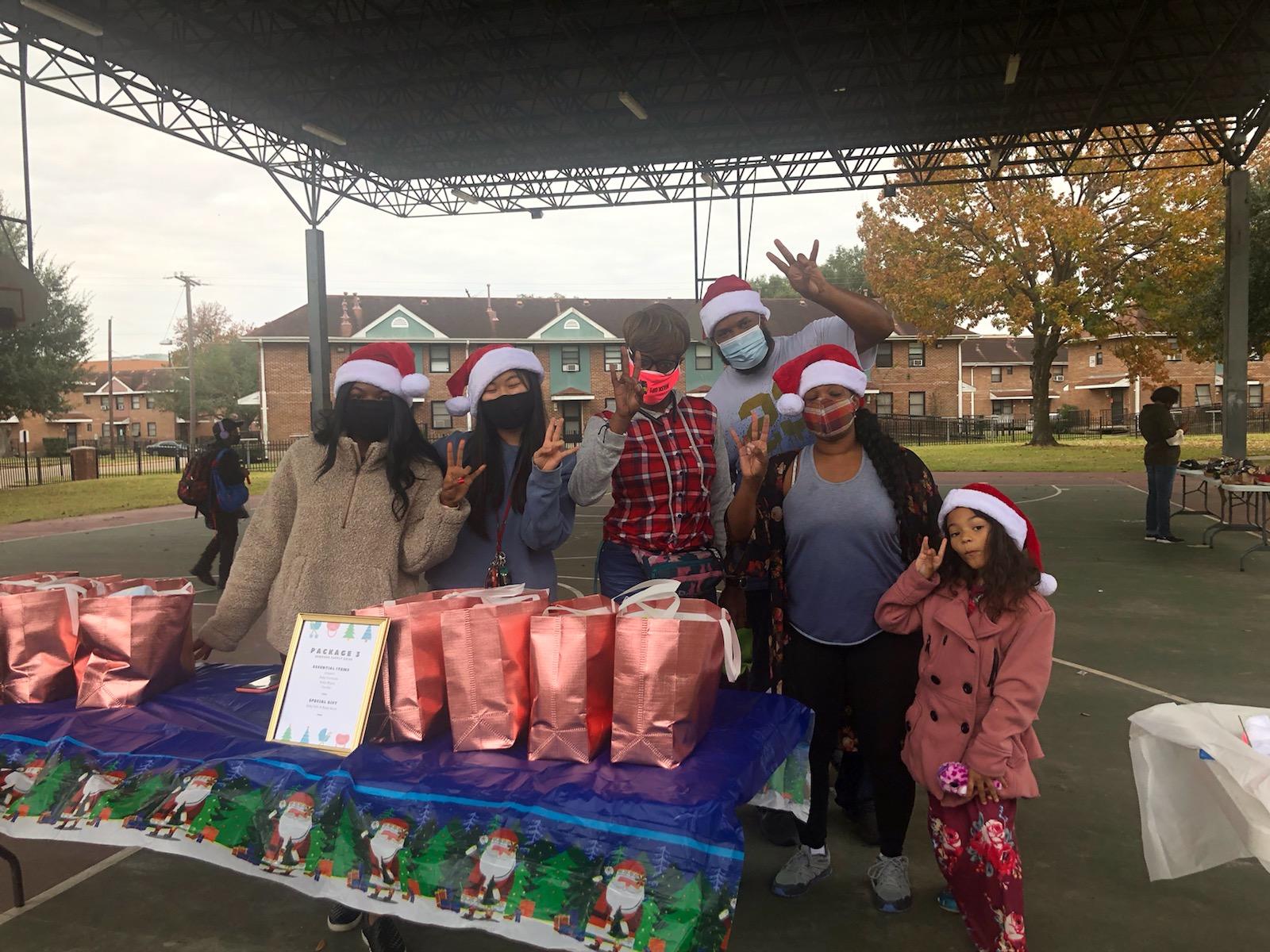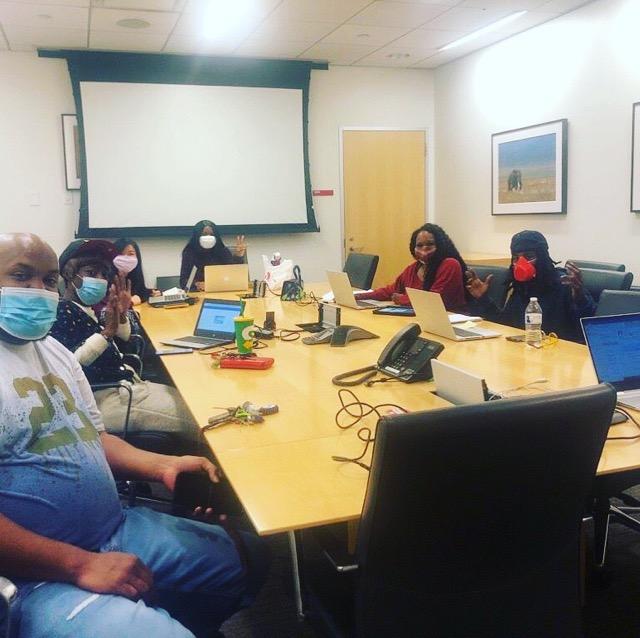Trust and Learn
Problem Solving and Building the Capacity for Growth
Introduction

The Trust and Learn is a collaborative effort to provide communites with the resources and tools needed to achieve measurable goals. Our community members efforts are focused on providing community members with individualized care coordination to promote their values and offer guidance as members seek to incorporate healthy choices.
We track the significant contribution that CHW's do for their communities through the United Care Continium Platform delivered by Patient Care Intervention Center. CHW's contribute greatly to assisting community members overcome barriers. Instead of providing a set menu of resources and hoping they match needs, the CHWs help participants articulate immediate and long-term goals and then work with UH faculty, staff, and students using the UCC Platform to find resources that overcome the barriers to achieving those goals.
Most importantly, instead of assuming that the community members are passive recipients of handouts, the CHWI approach enhances existing capacity and encourages better utilization of resources based on each individual’s goals and a specific plan for working together toward those goals. Because the CHW will be supported and provided continuous support through training and shared problem-solving with the CHWI network, the CHWs can deliver customer care guided by best practices. Because the training focuses on moving participants toward their own goals through addressing barriers, the interventions fit into participants’ own life trajectories and are more likely to lead to meaningful and sustained change.
Through the Trust and Learn we hope to provide a rationale for new funding streams for CHW reimbursements across many different healthcare settings.
If you and your organization are interested in collaborating with us or learning more about the Trust and Learn please contact Dr. Daniel Price at dprice3@central.uh.edu
Collaborating with Us
CHWI will train and support the CHWs to achieve three programmatic aims:
- Better Health Outcomes for Individuals and Communities
- Better Individual Experience for Participants
- Documentation of Return on Investment
The CHWI training will enhance their innate skills of communication, advocacy, and teaching through a layered and experiential learning process. Depending on their previous experience, they will be integrated into local trust-building activities that build their sense of a shared mission of improving health and their understanding of community advocacy. They assist on calls and begin regular interaction with clients, with appropriate supervision and frequent debriefing, and shared problem-solving meetings.
They will work with UH faculty, staff, and students to improve resource matching and ensure that community participants are engaged over time and understand how the strengths-based foundation of the program allows them to better achieve their goals.
The CHWs will build and establish a relationship with clients through regular local “hub” activities, making calls for follow-ups, and providing coaching for completing goals.
Care coordination will help meet non-medical drivers of health such as:
- housing
- transportation
- food insecurity
- exposure to violence
- education
- and many more SDoH
It will also address the client's health complexity status that might prevent the achievement of individual goals. As the program progresses, the data will provide a greater understanding of health needs, in the local context of the non-medical drivers of health. The attention to achievable structural change in context, led by better data and coordinated across multiple partnering agencies, can produce better advocacy at all levels.
If you wish to learn more you can contact Dr. Dan Price at dprice3@central.uh.edu.
